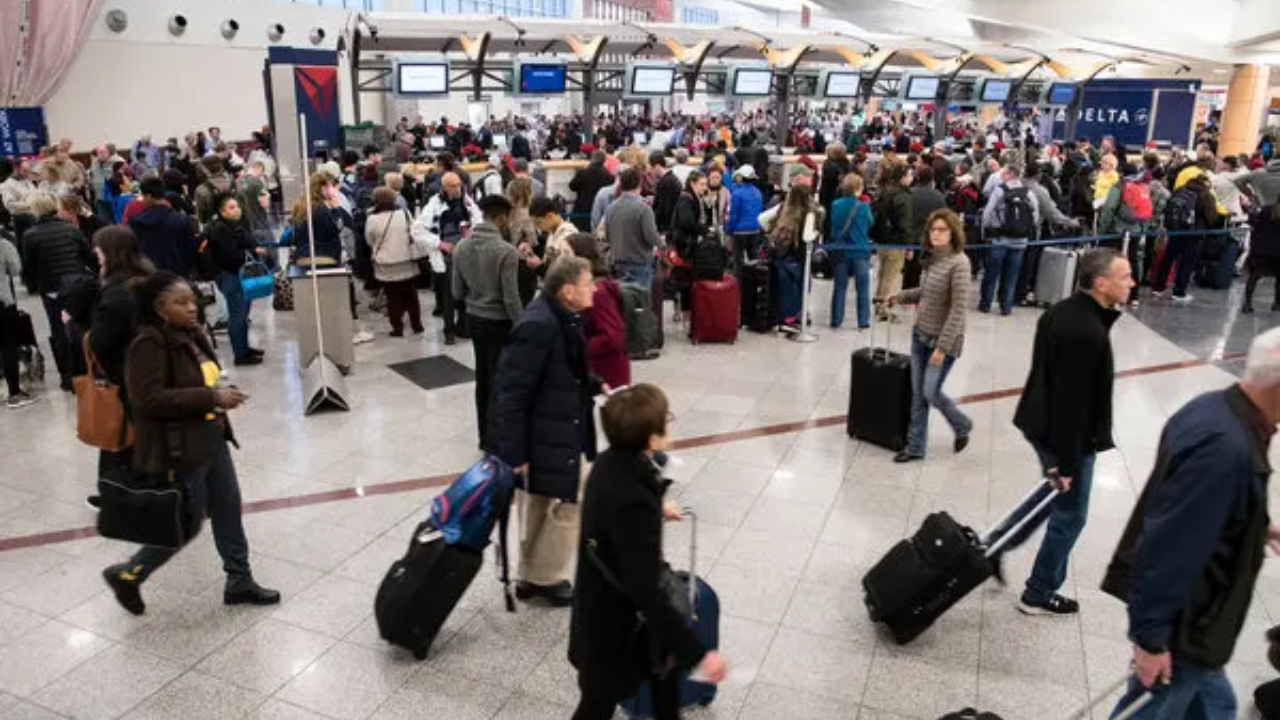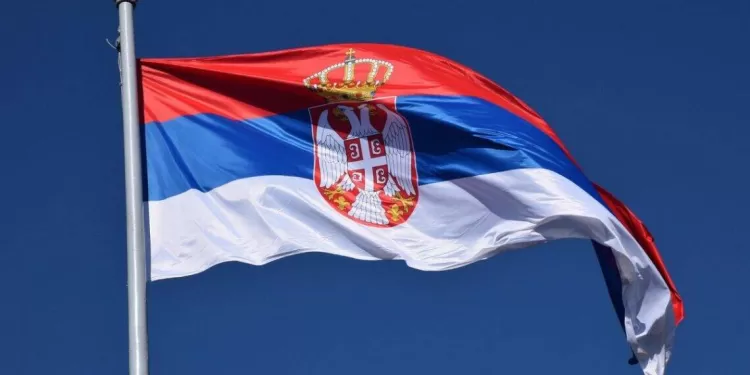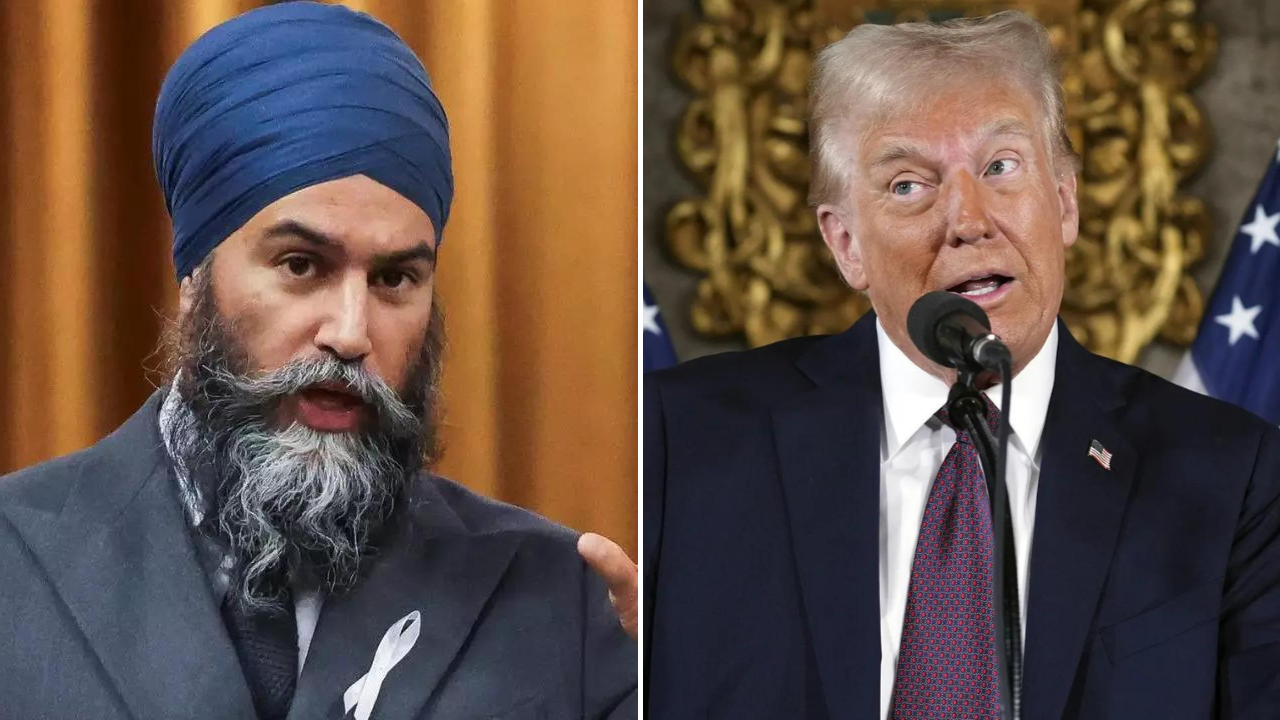Netanyahu Bets On Political Survival With Gaza Ceasefire

Join our WhatsApp Community to receive travel deals, free stays, and special offers!
- Join Now -
Join our WhatsApp Community to receive travel deals, free stays, and special offers!
- Join Now -
Israel's Prime Minister Benjamin Netanyahu has faced pressure for months from political allies and the families of hostages and soldiers to end the Gaza war, but analysts say he now hopes the ceasefire will help him stay in power.
The ceasefire and hostage release deal announced by mediators Qatar and the United States on Wednesday represents a pivotal moment for the Israeli leader.
Since Hamas's October 7, 2023, attack on Israel, Netanyahu has faced sharp public criticism for not securing the release of hostages sooner.
Parents of soldiers fighting in Gaza have accused Netanyahu of derailing months-long efforts to end the fighting for political gain, as he battles corruption charges in a lengthy trial.
Some 800 parents of soldiers earlier this month sent him a letter saying they could no longer "allow you to continue sacrificing our children as cannon fodder".
More than 400 troops have been killed in the Palestinian territory since the start of the war.
But far-right members of Netanyahu's coalition have threatened to quit his administration over any ceasefire deal and pushed for an even harder response in Gaza.
Despite the conflicting pressures, analysts say that the obstacles clouding his mandate in recent months are unlikely to bring down the leader long seen as a political survivor.
After the October 7 attack, which resulted in the deaths of 1,210 people, mostly civilians, Netanyahu vowed to crush Hamas and bring home the hostages.
During their assault, militants took 251 people hostage, 94 of whom are still being held in Gaza, including 34 the Israeli military says are dead.
While Hamas has not been defeated, Israel has decimated its leadership and its military structure.
It has also massively weakened its Lebanese foe Hezbollah in a parallel war to the north that took out the Iran-backed group's longtime leader Hassan Nasrallah and a string of other commanders.
Netanyahu could now seek a way to use the ceasefire agreement to his advantage, potentially by pivoting away from the far-right coalition partners he has relied on since 2022.
The deal could even pave the way to a long-sought normalisation deal with Saudi Arabia, backed by incoming US president Donald Trump.
"The key is not the situation but how you play the game, and the bottom line is that (Netanyahu) is the best player of the game there is," said Jonathan Rynhold, head of the political studies department at Bar-Ilan University in Tel Aviv.
Saudi deal?
Before the Hamas attack, Israeli ally the United States was close to clinching a normalisation deal between Saudi Arabia and Israel.
"The question is what is Netanyahu getting out of the deal beyond the hostage release and the ceasefire and that is where we get into the Saudi question," said Anshel Pfeffer, a journalist and author of a 2018 biography of Netanyahu.
He said it was possible that the agreement "could be part of something much bigger... Trump wants a deal" between Saudi Arabia and Israel.
While Netanyahu's far-right partners have vowed to oppose the ceasefire, Pfeffer said it was unlikely any disagreements in the ruling coalition would bring him down.
Still, the ceasefire will be "a moment of truth" for Netanyahu, where he might try to "pivot away from the far right in the coalition to some sort of legacy-defining deal with the Saudis".
After all but crushing his enemies in Hamas and Lebanon, Gayil Talshir, a political scientist at the Hebrew University of Jerusalem, said Netanyahu may no longer need to rely on the far right.
'Continue to haunt him'
Bezalel Smotrich, the finance minister, and Itamar Ben Gvir, the security minister, are both far-right members of Netanyahu's cabinet and have expressed their opposition to the deal.
"It may well be that both Smotrich and Ben Gvir will not be part of such a deal, which means that behind heavy curtains, it may be the case that Netanyahu is preparing for that day," Talshir said.
She noted that former defence minister Benny Gantz, opposition leader Yair Lapid and other figures have already indicated they would work with Netanyahu if he reaches an agreement to free the hostages or if he strikes a deal with Saudi Arabia.
Aviv Bushinsky, a political commentator and Netanyahu's former chief of staff, said that despite some turbulence sparked by the ceasefire, "politically, it's not a game changer".
Nonetheless, the October 7 attack would continue to cast a shadow over Netanyahu, he said.
The prime minister "will want people to remember the ones he has managed to bring back but not the ones he was unable to bring back", Bushinsky said.
"But this thing will continue to haunt him... It will be the first time since Israel was established" that its military was unable to rescue missing civilians, he added.
(This story has not been edited by NDTV staff and is auto-generated from a syndicated feed.)
What's Your Reaction?
 Like
0
Like
0
 Dislike
0
Dislike
0
 Love
0
Love
0
 Funny
0
Funny
0
 Angry
0
Angry
0
 Sad
0
Sad
0
 Wow
0
Wow
0



















































